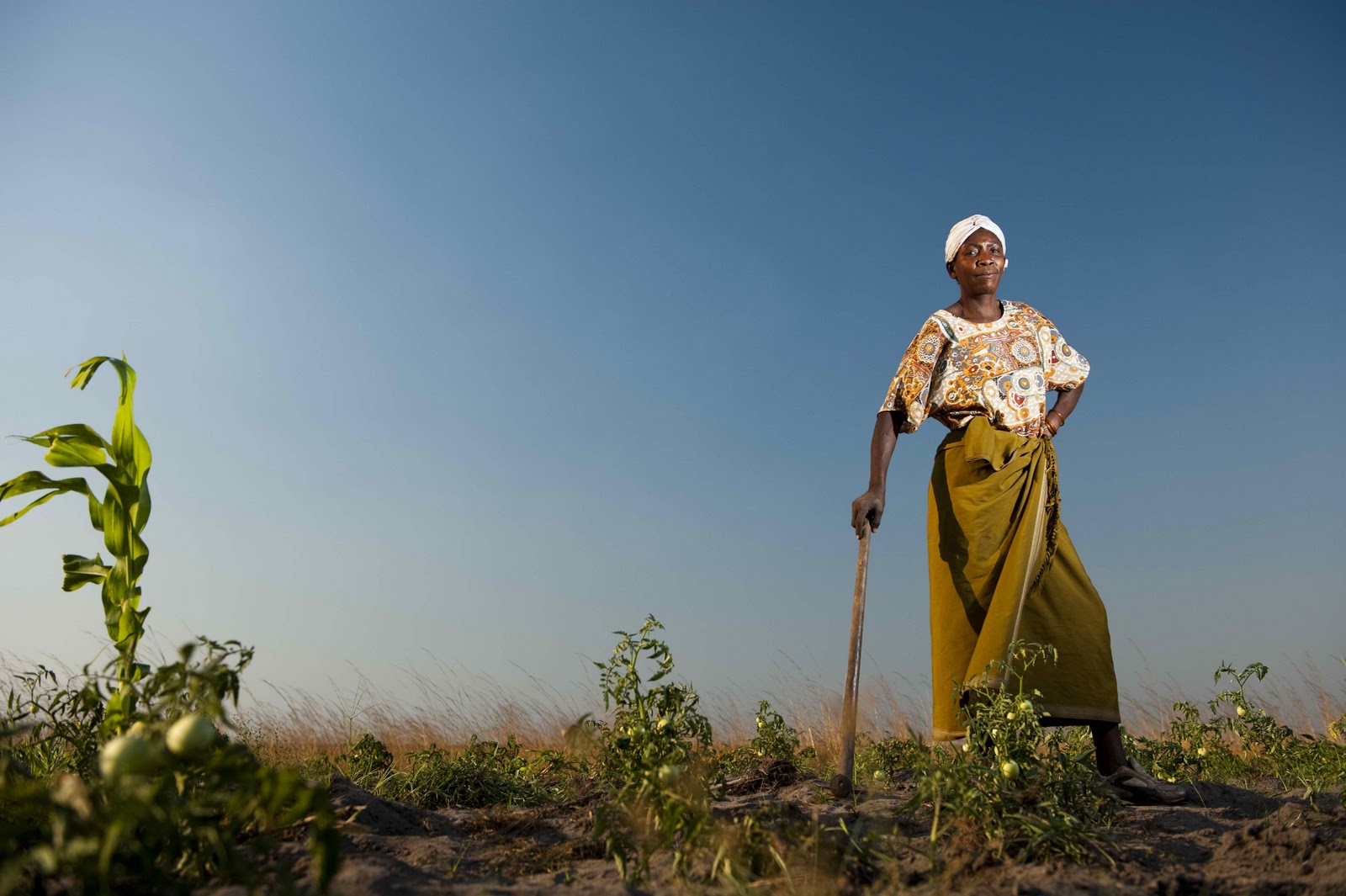
By Kofi Adu Domfeh, in Nairobi-Kenya
Many African smallholder farmers and farm communities experience low crop and animal yields but are unaware that this is partly as a result of climate change.
In countries like Ghana, many are not aware of what to do to remedy the situation of erratic rainfall, drought and other unfavorable weather conditions.
Agriculture across the continent needs to undergo a significant transformation to meet the multiple challenges of climate change, food insecurity, malnutrition, poverty and environmental degradation.
A proposed means of achieving such improvements is increased use of a climate-smart agriculture (CSA) approach which emphasizes the use of farming techniques that: increase yields, reduce vulnerability to climate change, and reduce greenhouse gas emissions.
Mrs Estherine Fotabong, the NEPAD Agency’s Director of Programme, says the ability of farmers to apply new technologies and innovations is an important determinant of CSA adoption.
“Transformative adaptation needs to not only be at larger scale with new innovations, bold enough to take political steps that may not be easy or quick but also transformative adaptation needs to be integrated fully into the big agriculture questions that will really transform Africa’s agriculture,” she said.
The decision of African Union to set up an African Climate Smart Agriculture Coordination Platform is a means to pursue the vision to have at least 25 million farm households more practicing Climate Smart Agriculture by 2025.
The 2nd Africa CSA Alliance Forum holding in Nairobi, Kenya, is focused on addressing major hindrances limiting the adoption of climate-smart agricultural (CSA) practices among smallholder farmers.
Under the theme “From Agreement to Action: Implementing African INDCs for Growth and Resilience in Agriculture”, the Forum is looking at the INDCs transitioning to Nationally Determined Contributions (NDCs) with key implications for Africa’s development, especially agriculture.
The Intended Nationally Determined Contributions (INDCs) represent country-level programmes for climate action presented to the UNFCCC ahead of the COP21 climate talks in December 2015, which produced the historic Paris Agreement on climate change.
Dr Abebe Haile Gabriel, FAO Deputy Regional Representative for Africa, has maintained that countries need support in their INDCs, through which the plight of climate smart agriculture came to light.
The plight of smallholder farmers was also brought to the fore with a call to promote climate smart agriculture success stories and award them opportunities to sustainably adopt climate smart practices.
Mrs Fotabong stressed that knowledge-sharing is key in agriculture and rural transformation, through which indigenous knowledge should not be ignored.
“Communities should be fully capacitated in the various areas of crop management, community mobilisation and empowerment, disaster preparedness and have access to robust technologies and information such as new crop varieties that are drought and disease tolerant,” she emphasized.
This she said should be the collective effort of government, private sector, NGOs, civil society and donors to ensure communities have greater ability to cope and adapt to climate change and extreme weather events and thus achieve rural livelihoods and food security.
Climate Change can no longer be treated as just an environmental challenge but as a holistic sustainable development challenge that impacts on natural systems, physical and social infrastructure and key economic sectors, said Willy Bett of Kenya’s Ministry of Agriculture, Livestock and Fisheries.
“The overarching climate change-related challenge in agriculture is to sustainably increase food supply to accommodate a rapidly growing population while preserving a safe operating space for humanity by avoiding drastic environmental damage,” he said.










